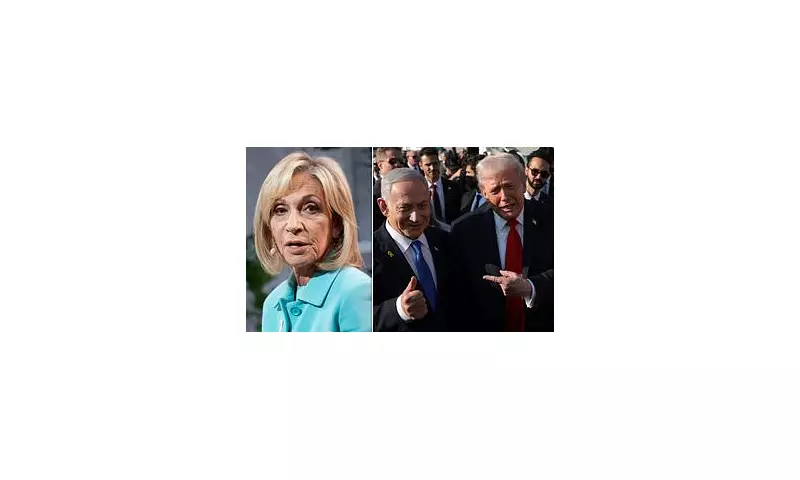
Veteran NBC journalist Andrea Mitchell finds herself at the centre of a media storm after two controversial on-air moments involving top US officials during critical Gaza peace negotiations.
Heated Exchange with Secretary Blinken
The seasoned correspondent faced significant backlash following a tense exchange with US Secretary of State Antony Blinken regarding the Biden administration's approach to Gaza ceasefire talks. Mitchell's persistent questioning about whether the US was adequately pressuring Israel drew a sharp response from Blinken, who defended the administration's diplomatic efforts.
Social media platforms erupted with criticism, accusing Mitchell of adopting an overly confrontational stance that potentially undermined delicate diplomatic negotiations. Many viewers questioned whether her line of questioning served the public interest or crossed into territory that could hamper peace efforts.
Age and Acuity Questions Surface
In a separate development that further fuelled the controversy, Mitchell raised eyebrows during a discussion about President Joe Biden's mental sharpness. While interviewing a former Biden aide, she questioned whether the President remained "sharp and engaged" behind closed doors, prompting defence from the former staffer about Biden's capabilities.
This line of inquiry sparked additional debate about journalistic ethics and the appropriateness of such personal assessments during coverage of sensitive international diplomacy.
Broader Implications for Media Coverage
The incidents have ignited broader conversations about the role of journalists covering complex international conflicts and their relationship with government officials. Media analysts are divided, with some defending Mitchell's right to ask tough questions while others question the timing and framing of her inquiries during active peace negotiations.
The controversy comes at a particularly sensitive moment in US foreign policy, as the Biden administration attempts to navigate one of the most challenging diplomatic landscapes in recent Middle Eastern history.





